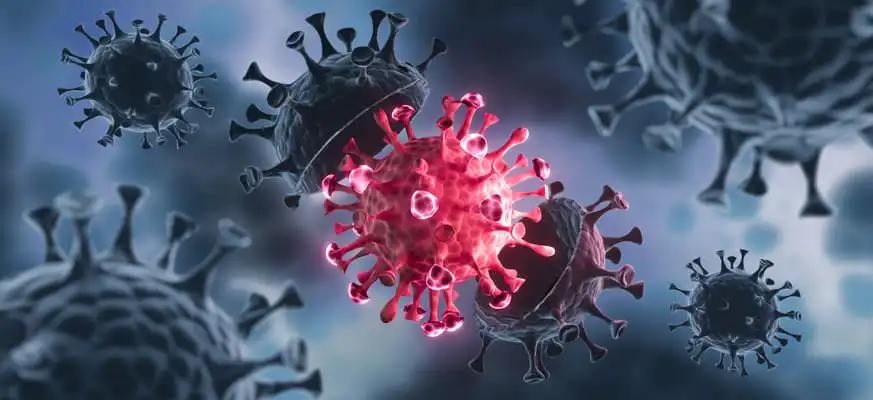KEY TAKEAWAYS
- The study aims to assess ALI’s impact on breast cancer prevalence and determine the associated ALI threshold.
- Results showed ALI levels may protect against breast cancer, supporting optimal therapeutic strategies for prevention.
Previous research has suggested that an anti-inflammatory diet may help reduce breast cancer prevalence. However, the combined effects of diet and inflammation on breast cancer remain uncertain.
Xinyan Gao and the team aimed to analyze the impact of the advanced lung cancer inflammation index (ALI) on breast cancer prevalence and to determine the ALI threshold associated with breast cancer development.
They also aimed to understand the mechanistic association between ALI levels and the development of breast cancer.
The study used ALI to evaluate inflammation and nutritional status. Researchers applied statistical methods, including multivariable logistic regression, eXtreme Gradient Boosting (XGBoost), and subgroup analysis, to examine ALI’s impact on breast cancer prevalence.
They also employed a two-piecewise logistic regression model with smoothing to determine the ALI threshold for breast cancer.
The study population had a mean age of 50.0 (17.7) years, with 40.0% classified as obese. Compared to the lowest ALI tertile, the odds ratios (95% CI) for breast cancer were 0.78 (0.62, 0.98) for the second tertile and 0.68 (0.52, 0.87) for the third tertile.
The XGBoost machine learning model identified ALI as one of the top 5 variables influencing breast cancer. Subgroup analysis found a correlation between ALI, alcohol consumption, and menopausal status. ALI levels were also associated with decreased estradiol (E2) levels, an increased total testosterone (TT)/E2 ratio, and a TT/sex hormone-binding globulin (SHBG) ratio.
The study suggested that higher ALI levels may offer protection against breast cancer, potentially through sex hormone disruption. The findings support employing optimal therapeutic strategies for breast cancer prevention.
This work was supported by the Joint Funds for the innovation of science and Technology, Fujian province (grant number 2023Y9181), Startup Fund for scientific research, Fujian Medical University (grant number 2022QH1033), and Fujian Provincial Natural Science Foundation Project (grant number 2022J01747).
Source: https://pubmed.ncbi.nlm.nih.gov/39160507/
Gao X, Qi J, Du B et al. (2024). “Combined influence of nutritional and inflammatory status and breast cancer: findings from the NHANES.” BMC Public Health. 2024;24(1):2245. Published 2024 Aug 19. doi:10.1186/s12889-024-19727-9



